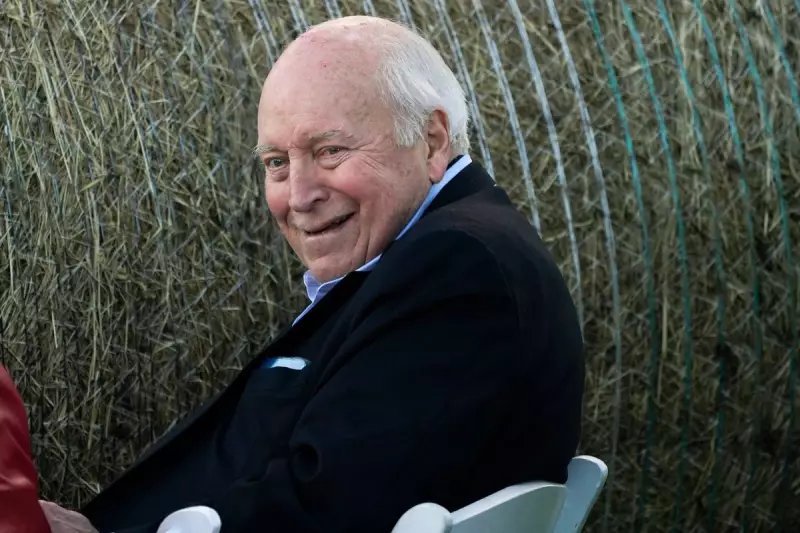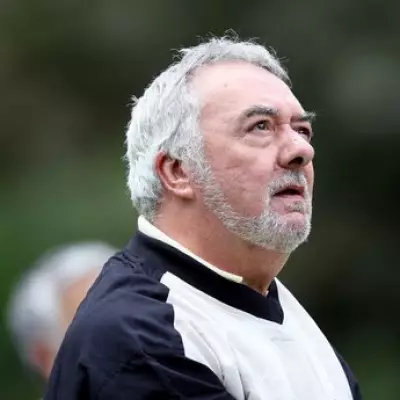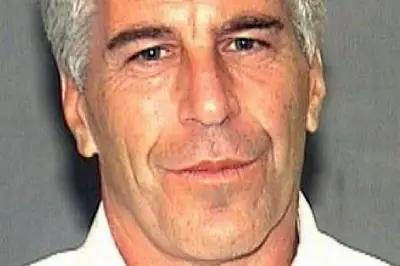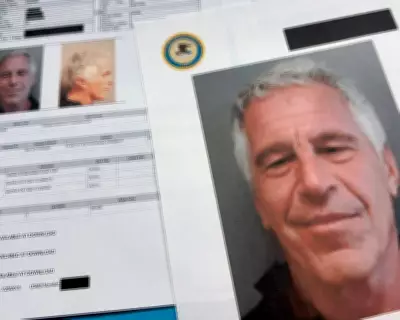
In a remarkable turn of events that has sent shockwaves through political circles, former US Vice President Dick Cheney has publicly admitted he was "wrong" about aspects of the controversial enhanced interrogation programme implemented during the Iraq War.
The Stunning Confession
During an exclusive interview with the Associated Press, Cheney offered what many are calling his most significant mea culpa to date regarding the Bush administration's approach to combating terrorism. The admission marks a dramatic shift for the once-unapologetic architect of America's post-9/11 security policies.
Waterboarding and Enhanced Techniques
The controversial programme, which included methods such as waterboarding, sleep deprivation, and stress positions, had been fiercely defended by Cheney for nearly two decades. Human rights organisations worldwide had condemned these practices as torture, while the administration maintained they were legal and necessary for national security.
Changing Perspectives
"There are things that I would do differently if I had the chance to do them over," Cheney stated during the candid discussion. His reflection suggests a significant evolution in thinking about the moral and practical implications of the interrogation methods that defined America's war on terror.
Political Repercussions
Political analysts are describing this admission as potentially game-changing in how history will judge the Bush administration's legacy. The confession comes at a time when America continues to grapple with the long-term consequences of decisions made during the Iraq War era.
Cheney's unexpected candour provides fresh insight into one of the most contentious chapters of modern American foreign policy and raises important questions about accountability, morality, and the complex realities of national security decision-making.





